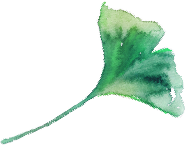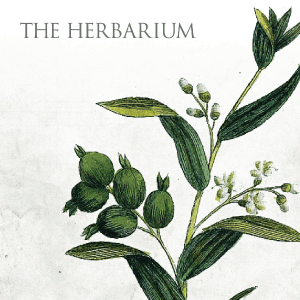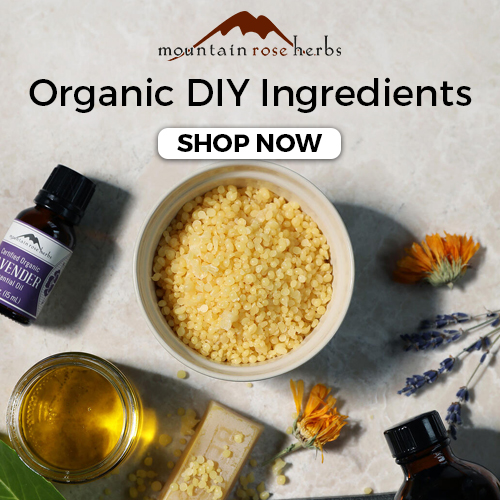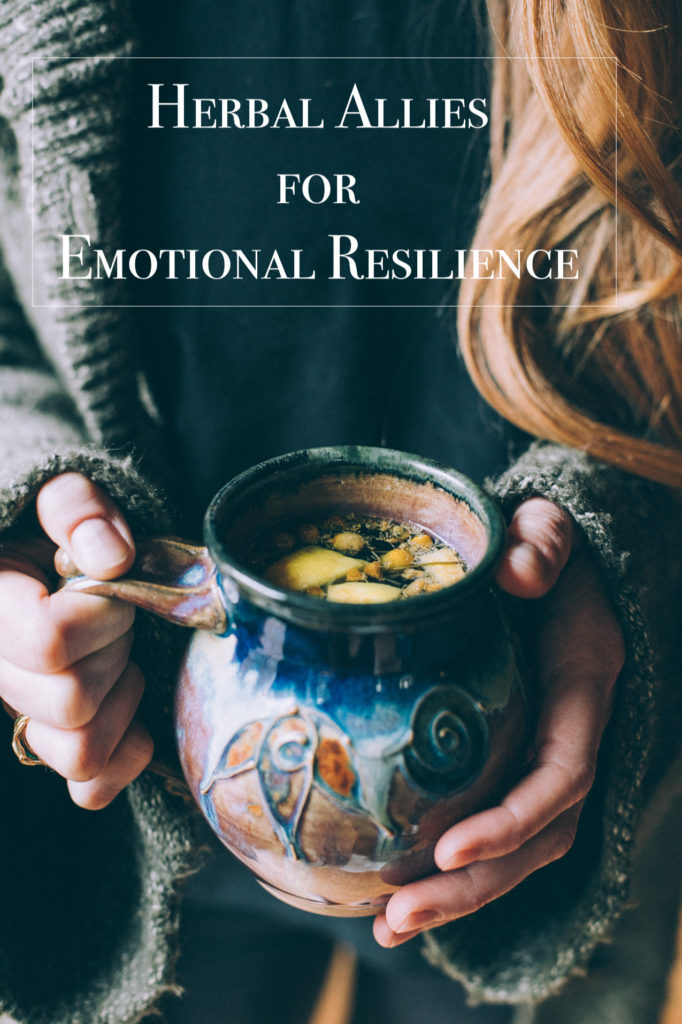
When I was in clinical practice, emotional resilience is something I often talked about with my clients for being just as important as the foods they’re eating, the exercise they’re committing to, and the supplements or herbs they’re taking. Our emotional body is the delicate layer in our health that is the most often overlooked, but can contribute significantly to our overall health picture. It can seem ambiguous to talk about though. Where IS the emotional body? What are the symptoms? How can you even tell if you’re struggling in this area? What can you do to address it if you can’t pinpoint what you need?
Stress & Emotional Resilience
My clients often sought me out to work on specific symptoms – be it eczema, chronic pain, poor sleep, poor digestion, chronic headaches, hormonal irregularities etc. But inevitably I would eventually dig a little deeper into their emotional health. What’s been going on in their life over the past few months, or years, when their symptoms first started to present? And without fail, there was always some emotional distress that precedes the onset of symptoms that was rarely noticed or addressed. Anything from going away to a big college from a small town, divorce, a loved one passing away, cyber bullying, debts and financial strain, care taking for parents or children, even planning a wedding.
Keeping our selves together emotionally day by day is a strenuous process when we have things happening in our lives that we may feel are out of our control (like a global pandemic). Days turn into weeks, turn into months, turn into years. The body HOLDS this stress and our emotional energy for a long time if we don’t process it routinely and productively. Just think of how it feels to try and hold back tears. There’s surge of emotional energy that is physically uncomfortable to hold in, while it’s physically relieving to let out. Those who hold in their emotional energy, pain, distress or trauma are far more likely to be the ones showing up months later crying at the drop of a hat “for no reason” or developing symptom after symptom that won’t resolve.
When I utilize herbs to address emotional resilience and challenges, I work backwards. If you’re presenting with a particular symptom that seems to have no apparent cause and isn’t resolving, really think back on when it first showed up. Write it down, the initial symptom and the date. Go back in your diary and notice what was going on in life around that time, or a few weeks or months before. Try to recall everything – how you were feeling emotionally and how you were being treated by others around you. Did you feel seen, heard and appreciated? Were others making you feel powerless, weak or small? Did you feel safe? Did you feel stretched too thin and emotionally exhausted? Were you tending to yourself – at all – during this time, or only tending to others? These are the small daily “normal’s” that add up to depleting our emotional resilience. Write them all down, and make a timeline.
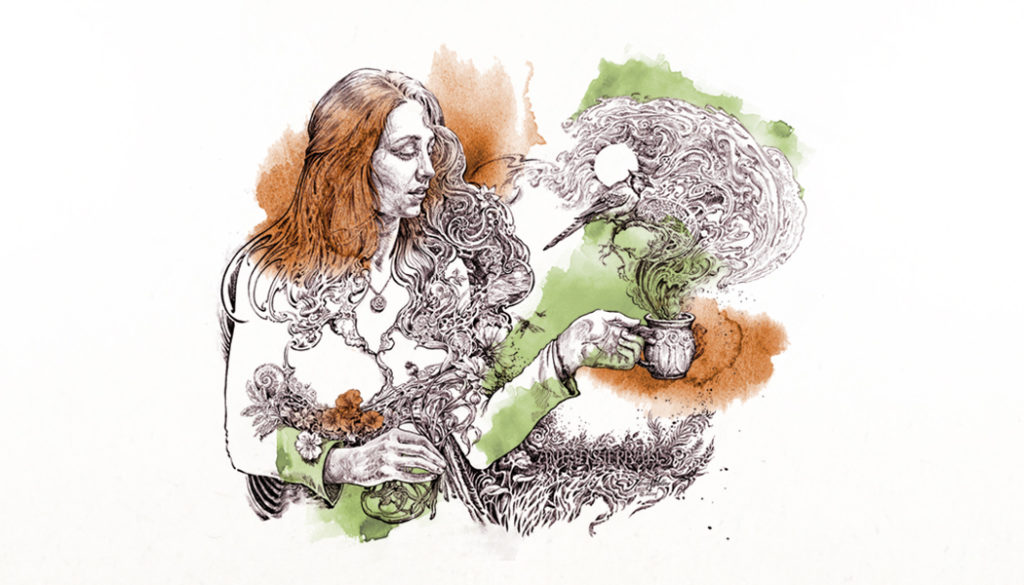
Emotional peaks and valley’s come in all forms, and we’ll focus on a few of the valley’s here and how they show up. When looking at these descriptions, do any of these resonate to where you are now? Do any of them sound familiar to what you’ve already been through?
Herbs For Emotional Support
You can find all of the herbs mentioned below at Mountain Rose Herbs
Deep fatigue and exhaustion: Here is where we tend to the adrenal glands with gentle, tonic adaptogens for building energetic strength. I caution people away from doing any kind of “cleanse” or nutritional restrictions during this time. I would focus extensively on diet here to make sure you’ve got the nutritional reserves to build you up from a micro and macro nutrient level. And regarding herbs, I often choose either milky oats (Avena sativa) or licorice (Glycyrrhiza glabra) as primary herbs within a formula. Both are extremely nutrient dense and nourishing to the endocrine system. Energetically, they provide a moistening quality to the body that are often running dry from deficiency or fatigue. Personally, I love adding milky oats (ground up almost into a power) to any tea. With licorice, I prefer using powder in nut butter balls (no more than 1/2 teaspoon per serving).
My recipe for Milky Oat Brain Tonic Tea 2 Ways / My recipe for Adrenal Supporting Nut Butter Balls
Heartache, grief & guilt: These can be some of the most debilitating and paralyzing emotions, and require the most tender and gently moving energetic herbs that subtly feel like mothering hugs and sweet heart kisses. I reach for lavender flowers (Lavandula angustifolia), motherwort (Leonurus cardiaca) and rose (Rosa spp.) in my formulas here as primary herbs. Each has an affinity for the heart physiologically, and they’re deeply effective on energetic and sensory levels as well. Keeping a sachet of lavender flowers to inhale deeply throughout the day is so grounding and calming and forgiving (cotton muslin bags + a handful of aromatic lavender flowers). With any tea, you can always add a dash of rose petals to infuse alongside your favorite tea herbs, or sprinkle these around your sacred spaces, or even your desk at work. Personally, I adore using rose glycerites but they’re tough to find outside of the practitioner world. Using herbal allies for heartache, grief and guilt work best when paired with committed personal work. Therapy, daily journaling, forgiveness practices (to others and yourself), and crying as a therapeutic practice (never holding back your tears) are excellent companions when using these herbs daily.
Trauma that feels caught in the throat: This is an interesting one, and a symptom that I see often with clients presenting with (you guessed it), throat related imbalance like thyroid issues or chronic strep. Emotionally, this can be an obvious one. Those I work with presenting with trauma that feels stuck in the throat repeatedly say they went through periods of time where they did not speak their truth; they did not feel heard; they feared speaking out; they felt like their voice was not important/impactful/valued/smart enough. They kept their voice in, when they really truly need to let it out. I always recommend they sing for at least 15 minutes a day. In the kitchen cooking, in the shower, or in their car where they can really belt it out. Stretch those underused vocal muscles to your favorite songs, or songs that lyrically express what you’re holding in. With herbs, I employ lemon balm and yarrow for most of these cases. Both are historically herbs that provide protection, and they’re both energetically calming, strengthening, and very hardy herbs. They symbolize strength, but also femininity. To make a simple tea, add 1/2 teaspoon of yarrow leaf and flower to 1/2 teaspoon lemon balm to 10 ounces of filtered water and steep for 10 minutes. Add a dash of lemon or honey if desired and sip throughout the day. Don’t be afraid to hum gently while sipping, too.
Read more: Generational Trauma / The Long Term Costs of Traumatic Stress / Understanding the Impact of Trauma
Anger, disappointment & resentment: From an energetic perspective we hold these fiery emotions in the liver. This is powerful energy and often presents as heat (or obviously inflammatory) symptoms like skin issues or heartburn. Thus, I utilize cooling liver protective herbs such as dandelion root, burdock root, or artichoke. All of these are classically bitter herbs which are supportive of gentle liver detoxification, while also being “hepato-protective” – protective to the liver. They’re energetically cooling, helping to moderate the amount of heat stored in the liver which equates to energetically fiery energy, too. I always prefer dandelion root and burdock root as a tea. If you’re using the actual roots, then chop finely and make a decoction with 1/2 teaspoon of each (boil the chopped roots in about 10 ounces of water for 15 minutes, strain and enjoy!). As for artichoke, since this is a more acute bitter herb, I prefer this one a tincture added to your favorite tea. About 10 drops will do it, once or twice per day.
Loneliness and feeling unseen: There’s little that can make us feel smaller than being overlooked, alone or invisible. These are times we need allies to make us feel bigger, more confident, and more connected to our brothers and sisters. These are emotions where I use herbs that carry a lot of power – spiritually and physiologically. Holy basil (Ocimum sanctum), rosemary (Rosmarinus officinalis), and frankincense (Boswellia serrata) are my favorites here. Holy basil (also known as tulsi) is a beautiful gentle, uplifting adaptogen that works not only on the endocrine system, but on a deeply emotional one as well. It’s a historically sacred plant and a true companion for anyone’s home alter. For those feeling spiritually murky or chronically emotionally low / low self worth, I always add tulsi into their care plans (my favorite Tulsi tea is Pukka’s Tulsi Clarity). Rosemary is that aromatic hardy plant growing out of the dry dirt, out of the concrete of someone’s abandoned yard, the gorgeous thriving plant you’re about to just walk briskly past but literally stop in your tracks to take notice, stop and give it a deep, deep inhale and just melt into it’s aromatics. You just want to stroke it and get it’s delicious plant oil all over you – you can’t get enough of it. This is exactly how you want someone to see you when you feel invisible. You want someone to stop and take notice and have their heart skip a beat when they take you all in. Carry rosemary with you, Put it in your car. Put a sprig in your shirt pocket. And definitely add some to your daily tea or cooking. One teaspoon will fill your mug with such aromatics it’ll infuse all through your veins. And finally, frankincense is the tried and true companion to keep in your home if loneliness is present with you regularly. With a profoundly rich history, frankincense has been an herbal ally since before biblical history, and remains to be a rooted spiritual herb. I recommend keeping frankincense resin on your alter and burning it daily, remembering all those who came before you (and are still with you).
Read more: Tulsi: An Herb for All Reasons
Chronic illness & recovery: Medicinal mushrooms really shine here, including reishi mushroom (Ganoderma lucidum), chaga (Inonotus obliquus) and lions mane (Hericium erinaceus) I really, really love using medicinal mushrooms and am constantly going down the rabbit hole of new research coming out on them. I also occasionally reach for Asian ginseng (Panax ginseng) in specific instances to help burn energy more efficiently while also being used as a nootropic agent (brain supporting) and immune modulator tonic in acute situations – using for only three months or less. I use this ginseng only for folks who are really depleted, like recovering from chemo for example. Use both ginsengs and chaga sparingly (at generally at the recommendation of your herbalist or naturopathic doctor), as these are endangered or over harvested herbs. Of course, good solid nutritional inputs are essential when recovering from chronic illness too.
Read more: Immunostimulating activity of isolated compounds in Chaga
Displacement, losing your foundations or securities: When the ground falls out beneath you and you have to start from scratch, it takes a huge amount of energy to rebuild the foundations of life and feelings of security again. Whether this is losing a home, going through divorce, losing a job or financial security, or being diagnosed with a major illness, the common emotion that arises is feeling out of control and fear of the unknown. Grounding and stabilizing herbs are ideal here. Roots and rhizomes, those that go deep into the earth or spread far underneath the surface lay the foundation, while leaves and flowers round out the formula to create an all encompassing “tree” so to speak. Personally, my favorite grounding herbal formula for displacement is linden + chamomile + ashwagandha + ginger. Tree medicine and flower medicine and root medicine and rhizome medicine, all in one formula. I infuse 1/2 teaspoon of each in 4 cups of filtered, warm water and let steep overnight. As I’m preparing this formula, I keep in mind that it has all of the components of a solid, rooted and flourishing tree, stable in it’s place and confident in it’s growth. This is what we want to manifest when we’re displaced, and imbibing the energetic quality of these herbs become our ally in this manifestation.
*Note – ashwagandha is ideally extracted in a fatty milk (like coconut milk or whole milk) decoction for best results. Using warm water extracts some of it’s medicinal constituents, but not all. Alternatively, you can leave out this herb in the actual tea recipe and use ashwagandha capsules or tincture daily.
Depletion from deficiencies (nutrient): This emotional picture is one that shows up literally with signs of nutrient deficiencies. Underweight. Dark circles under the eyes. White specks on the fingernails. Low energy and fatigue. Pale skin. Pale tongue. Irregular bowel movements. For any number of reasons we either lose our appetite from difficult treatments like chemotherapy, or very high stress or the digestive system starts to slow down and become less efficient. Even if you have a hearty appetite your absorption of nutrients may be impaired. In this case, I make a super nutrient dense tea formula for folks to drink daily – usually with a side of dark chocolate for extra iron (at least 85%). Nettle, milky oat, alfalfa, tulsi, chlorella, rhodiola, and linden are all great options here.
Read More: Creating a Care Plan for Yourself / Guide to Intuitive Tea Blending
